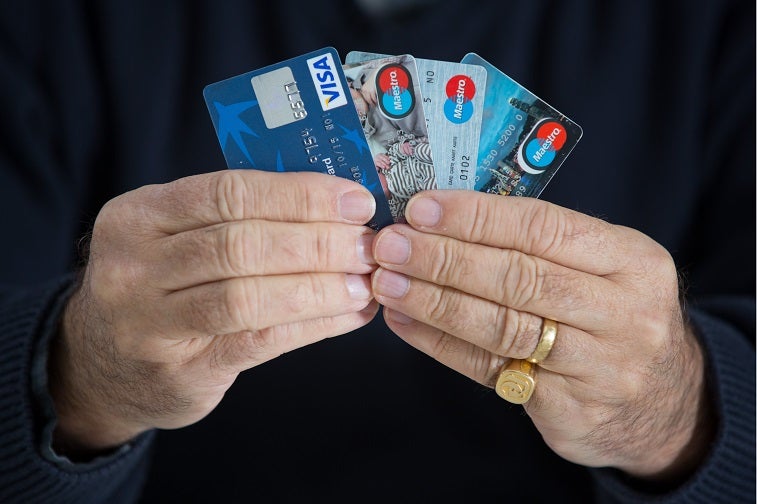GlobalData’s Covid-19 Tracker Consumer Survey has shown that the preferences of Indian consumers are beginning to shift in relation to credit card versus cash usage since March 2020. Those who identified themselves as ‘extremely concerned’ about the pandemic are most likely to switch to card usage.
Given the disruption Covid-19 has caused to the global economy and particularly the informal economy, which remains significantly large in India, the likelihood of new patterns of borrowing and credit card usage developing is high, as is the probability that they will persist long-term. Over the coming years, credit usage and borrowing is likely to experience considerable growth, as our Global Retail Banking Analytics platform shows that from 2020–24, the compound annual growth rate adjusted for Covid-19 will see credit card balances grow by 21% year on year, the highest growth rate anywhere in the world.
Over the past decade, the decreased use of cash as a medium of exchange has been accelerated, as consumer preferences in developed and emerging markets have shifted to favour more convenient card usage. With new and improved security features and acceptance in a greater range of stores, credit card penetration has increased in almost every location measured.
Despite this progress, movements have emerged seeking to inorganically expedite the march towards making society cash-free, most notably in India, where as part of the 2015 Digital India programme the government sought to make society ‘Faceless, Paperless, and Cashless,’ infamously banning popular denominations of currency in 2016 thought to underpin the shadow economy and tax evasion.
Following two rounds of demonetisation that led to an 86% decrease in cash held, the impact of Covid-19 presents a new stimulus that has the potential to make economies cash-free. Firstly, the cross-contamination caused by using cash compared to card is multiple times greater, such that health experts have recommended the use of card payments where possible. Secondly, the shutdown that has been almost universally applied, albeit to varying degrees, around the world has led to an inability for those who use and prefer cash to adequately access essentials online, forcing a switch to some form of card usage.
As with many emerging markets that still have large segments of the population outside the formal and digital banking system, India has a shockingly low credit card penetration rate of only 4%, as shown in GlobalData’s India Retail Banking: Opportunities and Risks to 2023 report. While progress has been made and credit card issuance has recently exceeded one million per month, the untapped potential of the Indian market provides a unique opportunity for financial service providers to take advantage of the changes that are underway.

US Tariffs are shifting - will you react or anticipate?
Don’t let policy changes catch you off guard. Stay proactive with real-time data and expert analysis.
By GlobalDataCovid-19 is likely to accelerate this potential as the combined ease and public health benefits of using cards are further realized, and as increased credit card balances fuel economic growth while simultaneously creating digital records that enhance state capacity.










